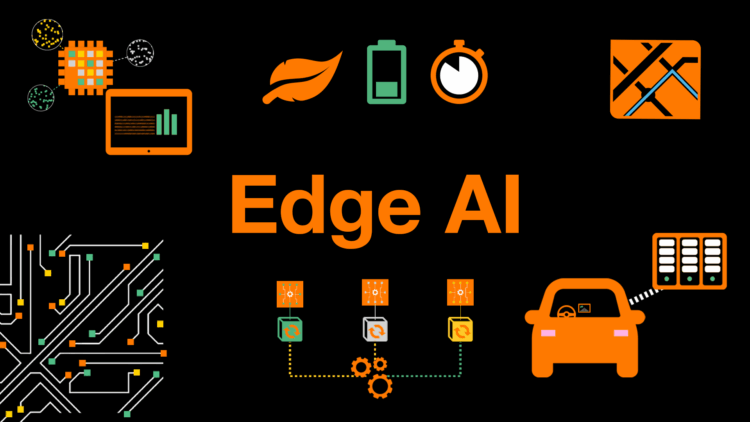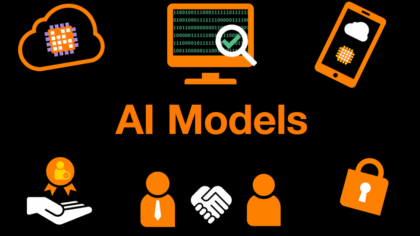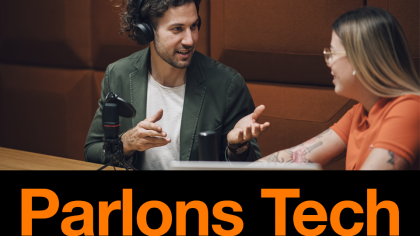Edge AI
● Edge AI relocates the training and inference of artificial intelligence models directly to the edge of networks, as close as possible to data sources such as self-driving cars or smartphones
● This approach removes reliance on the cloud to drastically reduce latency, reinforce data privacy, and optimize the system's energy efficiency.
● Through optimization techniques like pruning and quantization, this technology ensures real-time performance essential for the safety and responsiveness of onboard systems.
Watch the video
● This approach removes reliance on the cloud to drastically reduce latency, reinforce data privacy, and optimize the system's energy efficiency.
● Through optimization techniques like pruning and quantization, this technology ensures real-time performance essential for the safety and responsiveness of onboard systems.


GenAI for support functions: Orange deploys collaborative development
Read the article
Decoding inner speech: a new interface that deciphers patients’ thoughts
Read the article

Artificial intelligence: how neocloud companies have revolutionized the cloud computing market
Read the article

